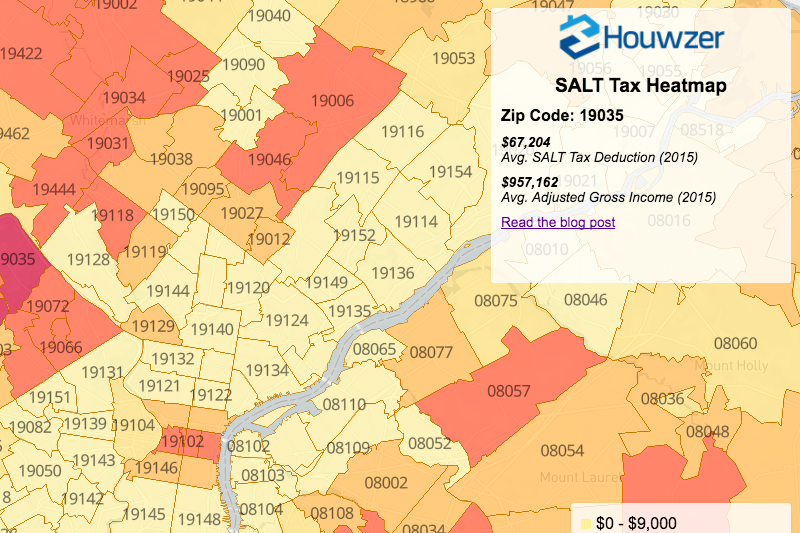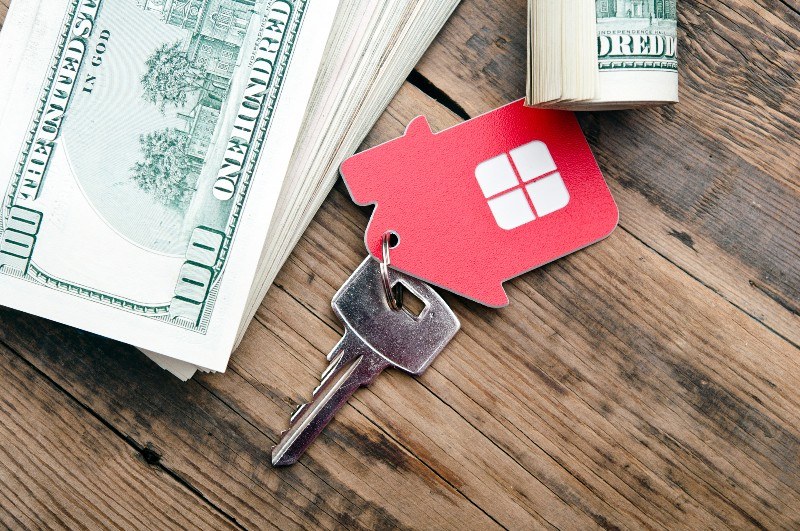About 22% of homeowners opted to refinance their home this year thanks to record-low mortgage rates, according to data from Zillow, and about half of them knocked $300 or more off their monthly mortgage payments.
Refinancing your home means you can get a lower mortgage rate, withdraw some of your equity, and/or change the term of your loan. If you’ve refinanced your home - or you’re thinking about refinancing - you may be wondering: how soon can I move after refinancing? Here’s what you need to know.
How soon can I move after refinancing?
The short answer is, it depends.
The longer answer: it depends on your specific mortgage contract, as well as your financial goals. If you don’t care about losing money, then you can move sooner. But if you want to at least break even for the cost of your refinance (on average, refinancing a mortgage costs between $3,000 and $4000), then it’s something you need to consider.
Generally speaking though, there’s usually no “rule” about when you can move after refinancing. You can opt to sell your home at any point, even if it means you may not make back what you spent on the refinancing. Here are some exceptions to that:
Owner-Occupancy Agreements
Sometimes your mortgage contract has an owner-occupancy clause: this means that you need to live in your home for a certain period after refinancing (normally 6-12 months).
Pre-payment Penalty Clause
Check your mortgage contract carefully: sometimes your lender can charge you a fee if you exit your mortgage early. If you refinanced after 2014 (when the Dodd-Frank Act went into effect) then a mortgage company can charge you a maximum of 2% of the total amount of the loan, and the clause can only apply to the first three years of refinancing.
FHA Loan Refinance
Government-backed loans often operate differently. An FHA loan refinance requires homeowners to live in their residence for at least one year after refinancing. If you plan to rent your home out after refinancing, you can do this with an FHA loan but you will likely need to wait a year, as per the terms of your mortgage.
Is it bad to move after refinancing?
The major drawback of moving after refinancing is that you may lose money, since it takes several years to recoup the cost of the refinance before you start saving. If you want to know how many months or years it takes to break even, you’ll need to do the math for your unique situation - since everyone’s numbers are different.
The way to figure out how long you need to stay in your home after refinancing in order to break even is:
(cost of refinancing) / (old monthly payment - new monthly payment) = number of months
So for example, if it cost you $4,000 to refinance your home, and you save $200 per month, then it would take you 20 months to recoup the money you spent. After that, the $200 you save every month is simply profit.
$4,000 / $200 = 20 months
Should I refinance if I plan to move in 2 years?
Most people need to stay in their home for at least a year, and often two, in order to make back their money - so if you’re considering refinancing but haven’t pulled the trigger yet, definitely keep this in mind (and run the math).
Of course, your home’s value is likely appreciating during the same period. So if your home appreciates $15,000 in value over that same two-year period, you may not be so worried about making back the cost of refinancing. But it really doesn't make sense to refinance (for the purpose of a lower rate) if you think you'll move in two years - you'll go through a lot of work only to break even.
“Typically refinancing for the sole purpose of a lower rate/payment may not make sense if you plan to sell in 1-2 years because there are costs involved in refinancing,” says Houwzer mortgage advisor Lisa Hunter. “You will want to make sure that your monthly savings will outweigh the costs of the loan, which can only happen over time. It is best to discuss with your mortgage advisor to find your ‘break even’ point.”
Of course, if you refinanced your home in order to withdraw equity - perhaps so that you could renovate your kitchen, or buy a car - then you might not be as concerned with making back all your money, since at least you put it to good use and didn’t have to take out a loan.
Can I rent my house after refinancing?
You can rent your home after refinancing, but you may have to wait (which is true for any home mortgage). This is because lenders typically have higher standards for investment properties - there’s a higher minimum credit score, a higher minimum down payment, and more.
Investment properties also come with higher interest rates because they’re considered higher risk for defaulting. It’s likely that your mortgage agreement specifies a certain amount of time you need to live in the property (usually 6-12 months). It’s always good to have a call with your lender - sometimes they’ll allow you to rent it out at your current interest rate, if the extenuating circumstances seem compelling.
“When refinancing you will be asked if the property is intended to be your primary residence. Your answer should reflect your plans at the time of loan consummation,” explains Hunter. “If your plans change in the future then it is certainly permissible to rent out the home. If the intent from the beginning is to rent out the property, the loan application should reflect this.”
How soon can you buy a house after refinancing?
“There is no time frame that will prevent you from purchasing a home immediately after refinancing. The newly refinanced mortgage payment will be included in your debt to income ratio and your income will need to support both payments,” notes Hunter.
In other words, whether or not you still have the home you refinanced, you can purchase another home the very next day (so long as your finances support it).
Conclusion: Now is a great time to refinance, but only if it fits your future goals
If your interest rate is high, you can refinance your home and shave off hundreds of dollars from your monthly mortgage bill, pay off debt, etc. However, refinancing is typically only worth it if you plan to stay in your home for several years - this allows you to absorb the cost of refinancing, which is typically several thousand dollars.
For further reading

